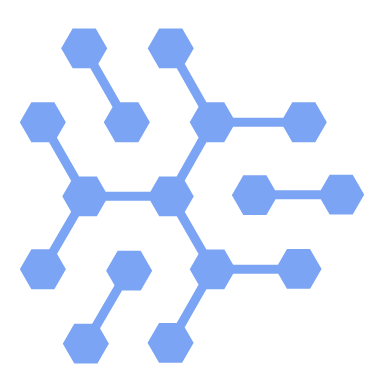top of page

myLaminin Perspectives
The Importance of Compliance in Electronic Record Keeping
In today’s data-driven world, electronic record compliance is essential to operational success and regulatory survival. From GDPR to HIPAA and PIPEDA, organizations must follow strict standards to store, protect, and dispose of data responsibly. Tools like audit trails, encryption, and role-based access help reduce risk. For research institutions, platforms like myLaminin simplify this process—supporting secure, compliant, and collaborative data management at every stage.

Alain Lai
Jul 17, 20254 min read


A Beginner's Guide to PHIPA and Privacy Regulations
Managing personal health information in Ontario means complying with PHIPA—one of Canada’s strongest health privacy laws. From consent management to secure access and audit trails, PHIPA sets clear rules for custodians and their partners. This beginner’s guide breaks down who’s covered, what’s required, and how platforms like myLaminin can help meet over 80% of PHIPA’s requirements—making privacy compliance easier for healthcare and research teams alike.

Nashia Hussain
Jul 7, 20255 min read


Understanding the Core of PIPEDA Compliance: What Research Teams Need to Know
PIPEDA is Canada’s key privacy law, regulating how organizations handle personal data. Compliance ensures legal protection and builds customer trust. Based on ten core principles—like consent, accountability, and transparency—PIPEDA requires strong privacy policies, employee training, and ongoing audits. This article explores how to meet these requirements, overcome common challenges, and go beyond compliance to promote ethical data practices and long-term trust.

Nashia Hussain
Jul 3, 20254 min read


Seven Key Steps for Effective Research Data Management
Discovery lies at the heart of research, but without solid data management, even the best datasets risk becoming unusable. Whether you're working solo or on a global team, good RDM keeps data organized, secure, and reusable—long after a project ends. Tools like myLaminin simplify this by supporting key practices like structured file naming, standardized metadata, and secure backups. As funder and journal expectations grow, effective data management is no longer optional - it’

Keagan James
Jun 19, 20254 min read


From Data to Distinction: Why Publishing Your Research Matters
Publishing in peer-reviewed journals is more than tradition—it’s a strategic step in advancing careers, meeting funder mandates, and fueling scientific progress. In today’s data-driven world, platforms like myLaminin support researchers at every stage, from managing metadata and version control to ensuring compliance and transparency. With myLaminin, publishing becomes not only easier but also more impactful, aligning with modern research demands.

Keagan James
Jun 18, 20253 min read


bottom of page